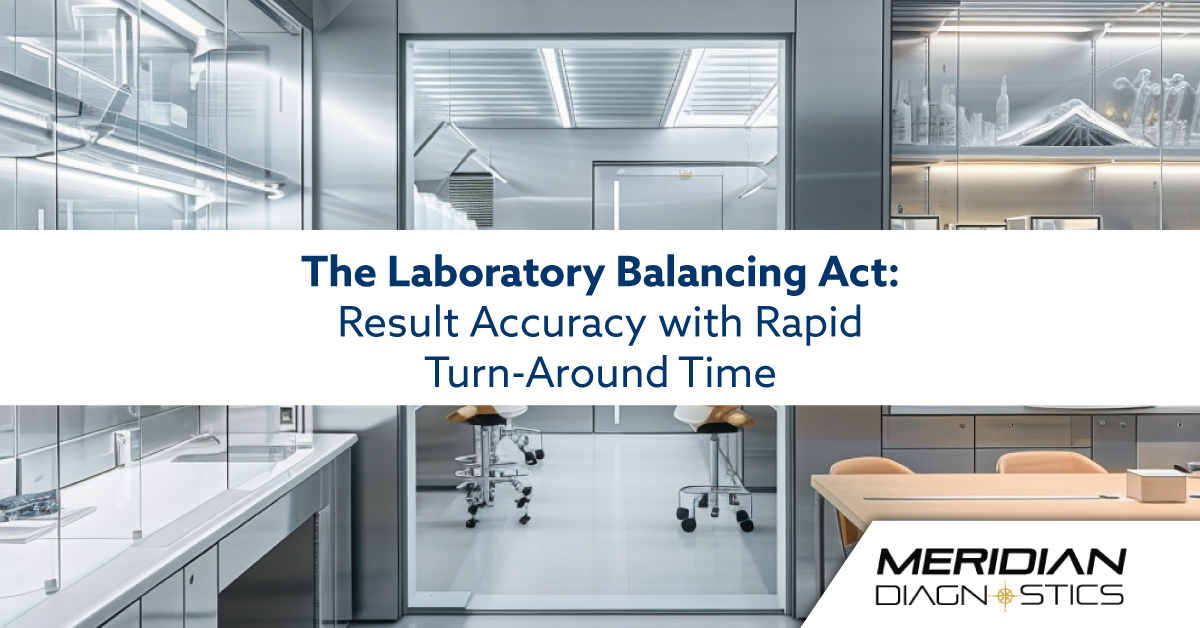
Accurate results and rapid turnaround times are foundational qualities that every diagnostics laboratory should prioritize to ensure effective patient care and healthcare provider satisfaction. Rhyan Walcott, Panelist & Speaker at 2024's Health 2.0 Conference, discusses why these qualities are essential, particularly for labs specializing in toxicology testing and PCR testing for pathogens like urinary tract infections (UTI), wound infections, and nail fungus.
- Importance of Accuracy
Accuracy in diagnostic testing is crucial for several reasons:
- Correct Diagnosis: Ensures that patients receive the correct diagnosis, which is the first step in effective treatment. Inaccuracies can lead to misdiagnosis, potentially resulting in inappropriate or delayed treatment.
- Treatment Efficacy: Helps in determining the most effective treatment plan. For instance, accurately identifying the specific pathogen in UTI or wound infections allows for targeted antibiotic therapy.
- Monitoring and Surveillance: Accurate tests are vital for the ongoing monitoring of disease prevalence, resistance patterns, and treatment outcomes, which in turn inform public health strategies.

Rhyan Walcott on Stage
- Importance of Rapid Turnaround Time
Rapid results are equally important for several reasons:
- Timely Treatment: Fast results can significantly reduce the time to treatment initiation, which is especially critical in conditions like sepsis arising from wound infections or rapidly progressing UTIs.
- Reduced Hospital Stay: Quick diagnostic turnaround can decrease the duration of hospital stays, reducing healthcare costs and freeing up medical resources.
- Patient Anxiety: Faster results can alleviate patient anxiety, a non-trivial factor in overall patient experience and satisfaction with the healthcare system.
- Achieving Quality and Compliance
To ensure that both accuracy and speed are achieved without compromising one another, laboratories specializing in toxicology and PCR testing can adopt the following practices:
- Advanced Technologies: Utilizing state-of-the-art PCR techniques and equipment that provide both specificity and sensitivity in detecting pathogens.
- Regular Calibration and Maintenance: Ensuring that all laboratory equipment is regularly calibrated and maintained to avoid errors that could affect test outcomes.
- Quality Control Systems: Implementing robust quality control systems that continuously monitor and verify the accuracy of test results.
- Staff Training: Providing ongoing training and certification for lab technicians to keep them updated with the latest techniques and technologies.
- Streamlined Processes: Optimizing laboratory workflows to reduce bottlenecks and ensure efficient sample processing.

- Ensuring Timely Reporting
To make sure results are delivered within a timeframe that meets the expectations of physicians and other healthcare providers:
- Electronic Reporting Systems: Implementing or upgrading to faster, more reliable electronic data delivery systems to reduce the time from test completion to result delivery.
- Inter-departmental Coordination: Enhancing coordination between collection points, testing labs, and healthcare providers to streamline the overall process from sample collection to result dissemination.
- Customer Service Focus: Establishing dedicated support lines for healthcare providers to inquire about test statuses and results, enhancing communication and trust.
Diagnostics laboratories, especially those dealing in critical areas like toxicology and PCR testing for pathogens, must focus on delivering accurate and timely results to effectively support patient care and healthcare operations. By investing in advanced technologies, maintaining rigorous quality controls, and optimizing internal processes, labs can achieve these goals compliantly and reliably.